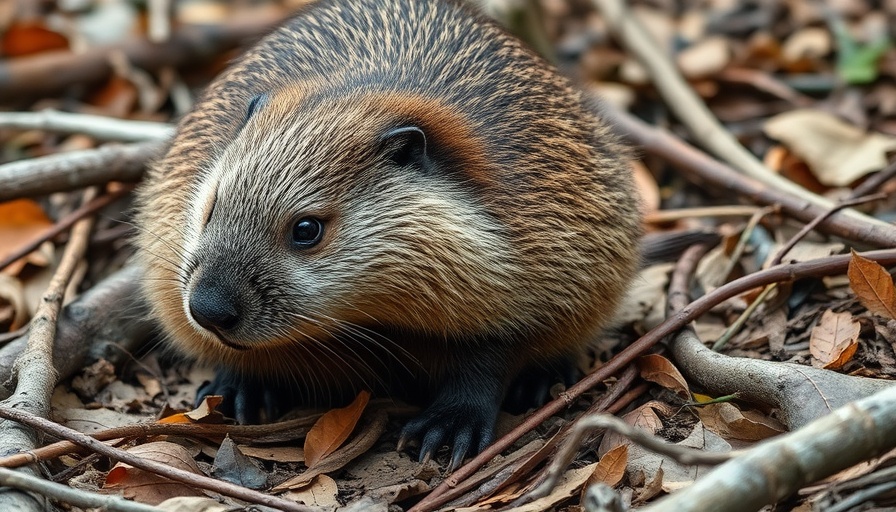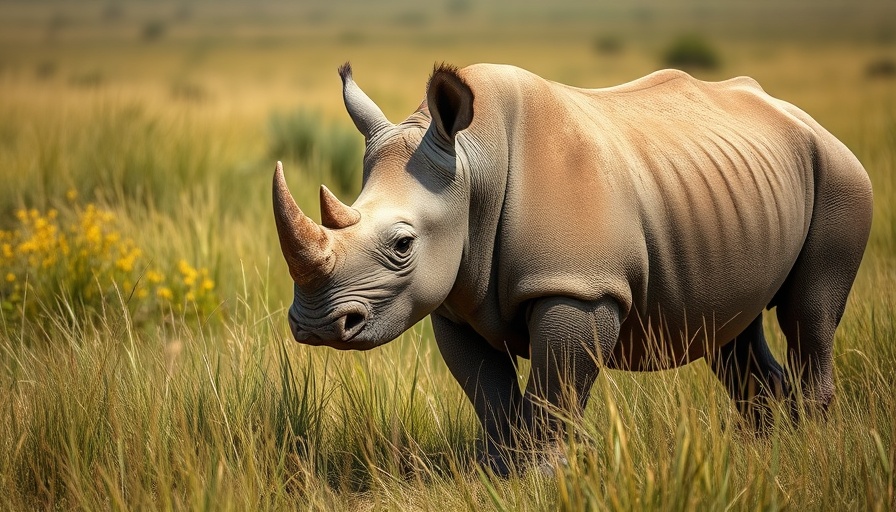
The Exciting Reintroduction of Beavers to the English Countryside
As beavers made their triumphant return to the shores of Purbeck Heath in Dorset, the natural world seemed to breathe a collective sigh of relief. This pivotal moment was marked by not only the physical reintroduction of these unique rodents—often termed 'ecosystem engineers'—but also a burgeoning hope for ecological restoration across England. Farmers and wildlife advocates envisioned a cooperative alliance with nature's architects, eager to grasp the myriad benefits these creatures could unlock for our rural landscapes.
A Stalled Initiative: The Challenges Ahead
However, the elation that followed the initial release has since given way to steep disappointment. Reports reveal that the much-anticipated licensing process for further releases has hit a major snag, resulting in zero permits granted since March. This unexpected halt comes despite over 40 applications submitted, with more than half originating from the committed Wildlife Trusts. Even the most invested parties, like farmer Stephen Bailey, have found the forms overly complex and time-consuming, often requiring thousands of words that feel daunting akin to writing a dissertation.
The Frustration Within the Farming Community
Bailey's experience is emblematic of a wider sentiment within the farming community, where many capable landowners feel sidelined from this vital conservation effort. Bailey stated, "I felt my farm was a perfect fit for beavers, yet the application process has become a significant barrier." He noted that a single missive has become a colossal task, laden with technical jargon and ecological complexity. This reflects a much deeper issue—the need for clearer and more approachable regulations that empower farmers rather than deter them.
The Ecological Importance of Beavers
Beavers are known for their critical role in fostering biodiversity. By damming rivers and streams, they create ponds that serve as habitats for other species—benefiting otters, water voles, and a range of birds, insects, and even fish. We often overlook how these actions contribute to carbon sequestration, which is increasingly important amid ongoing discussions about climate change. This aspect of beaver ecology offers practical value for farmers seeking natural solutions to enrich their land.
A Call for Easier Regulatory Processes
Craig Bennett of the Wildlife Trusts has been vocal about the pressing need for reforms in the application process. He eloquently put it: "If we're serious about nature recovery, we must streamline the steps and lessen the burden that applications impose on those who wish to participate." With such a coalition of farmers and conservationists eager to see beavers flourish, the call for proactive changes resonates beyond just the individuals involved; it touches everyone who values the health of our ecosystems.
Future Endeavors: What Lies Ahead
The delay in releasing further beavers into the wild shouldn't be viewed merely as a setback but instead as an opportunity for reflection and reevaluation. Simplifying the licensing process could revitalize these efforts and engage more landowners in conservation. As we move forward, we must ask ourselves how we can cultivate a spirit of collaboration between agriculture and ecology—one that acknowledges both the needs of farmers and the rights of wildlife.
The poignant lesson here underscores a collaborative vision where every farmer invested in sustainability can act not as an island but as part of a network striving toward ecological harmony. Let's advocate for thoughtful policy changes that pave the way for a more inclusive and thriving wildlife environment that indeed benefits all.
To stay informed and advocate for the future of beaver reintroduction in England, engage with local wildlife groups or consider contacting your local representatives.
 Add Row
Add Row  Add
Add 




Write A Comment